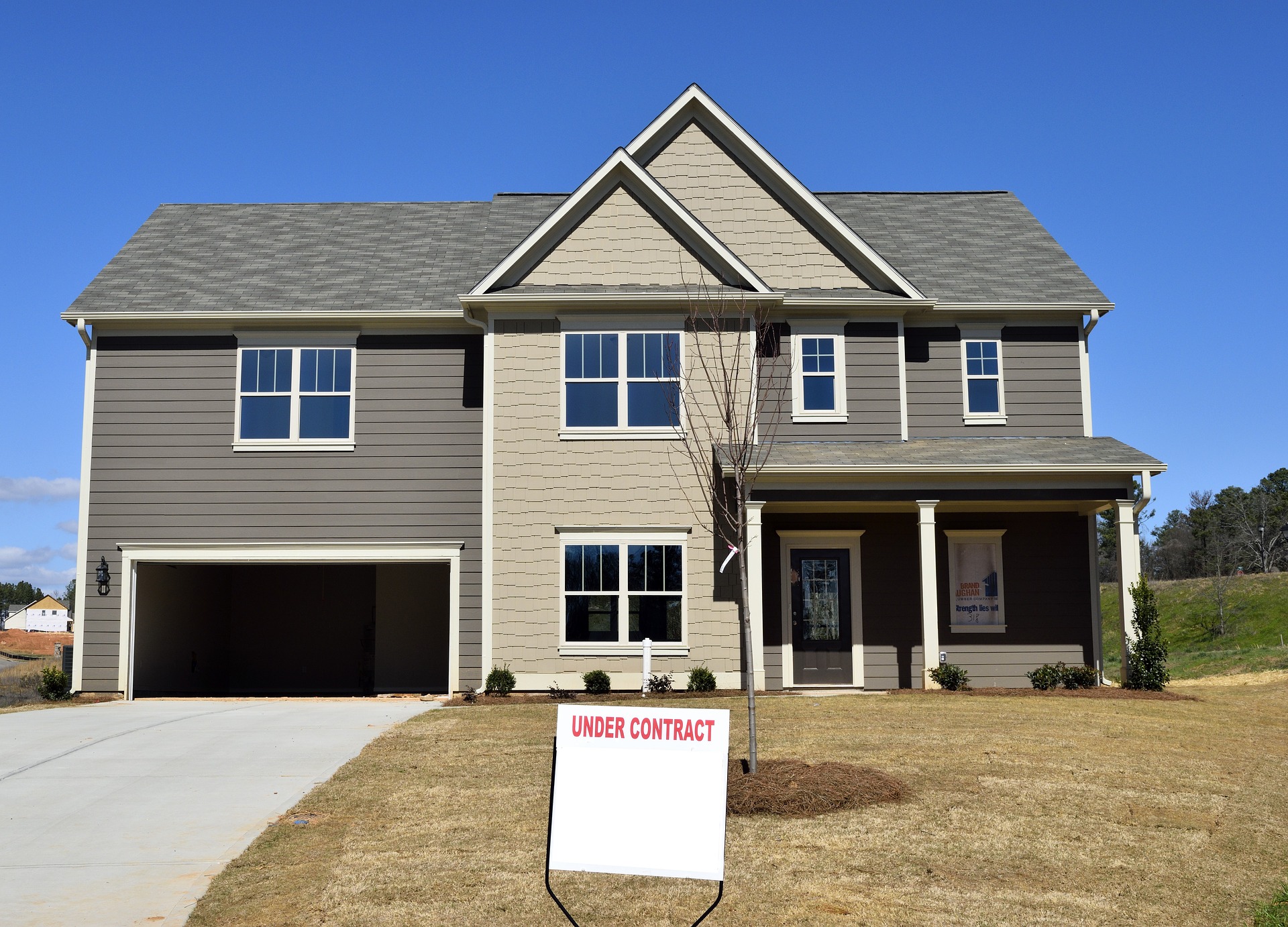What is ‘homestead?’
Homestead protection is available for owner-occupied, residential one to four-family homes, condominium units, cooperative apartments and for manufactured homes, which in each case serves as the homeowner’s principal residence. Co-owners of a home ‘share’ the exemption amount.
A homestead estate exempts a certain amount of the equity of a home from attachment, seizure, execution on judgment, levy and sale for the unsecured debts of the owner of the home, except for the following:
- federal, state and local taxes, assessments, claims and liens;
- liens recorded prior to the creation of the estate;
- mortgages;
- orders of the probate court for support;
- a levy or sale for ground rents (where the homeowner does not own the land); and
- an execution from a court to enforce a judgment based upon fraud, mistake, duress, undue influence or lack of capacity.
Under Massachusetts Law, the homeowner’s equity in the home is protected for up to one year after a sale of the home, and, if the home has suffered a casualty that results in the payment of insurance proceeds, then the insurance proceeds are protected for up to two years, in order to allow the homeowner time to acquire a homestead in a new (or reconstructed) home.
Automatic Homestead:
All homeowners are entitled to automatic homestead protection of up to $125,000.00 of the equity in their homes. You do not need to do anything to have the benefit of this protection as this is applied as a matter of law on a primary residence.
An automatic homestead can be subordinated to an unsecured debt of the homeowner of up to $20,000.00, but the homeowner and any non-owner spouse must consent in writing.
Declared Homestead:
By making a written declaration of homestead, recorded in the registry of deeds and typically handled by the closing attorney at the time the property is purchased, a homeowner’s homestead protection is increased to $500,000.00.
Some other benefits of declaring a homestead include:
- A non-owner spouse who lives with the owner has the benefit of the homestead (until terminated in writing);
- A declared homestead cannot be subordinated to an unsecured debt;
- If an unmarried owner declares a homestead and marries thereafter, the declaration will automatically benefit the owner’s spouse upon marriage; similarly, a divorce and/or remarriage will not affect the homestead of the spouse who remains in the home as his/her principal residence;
- A trustee of property held in trust can declare homestead for the beneficiaries of the trust who occupy the home as their principal residence; and
- Elderly (age 62 or older) and disabled persons who declare homestead are each entitled to a separate exemption of up to $500,000, which is personal and not shared with any other co-owners of the home.
For all DSG clients purchasing a property they will be using as their primary residence, DSG handles the preparation and recording of the declaration of homestead for no additional cost (but the recording fee)!







